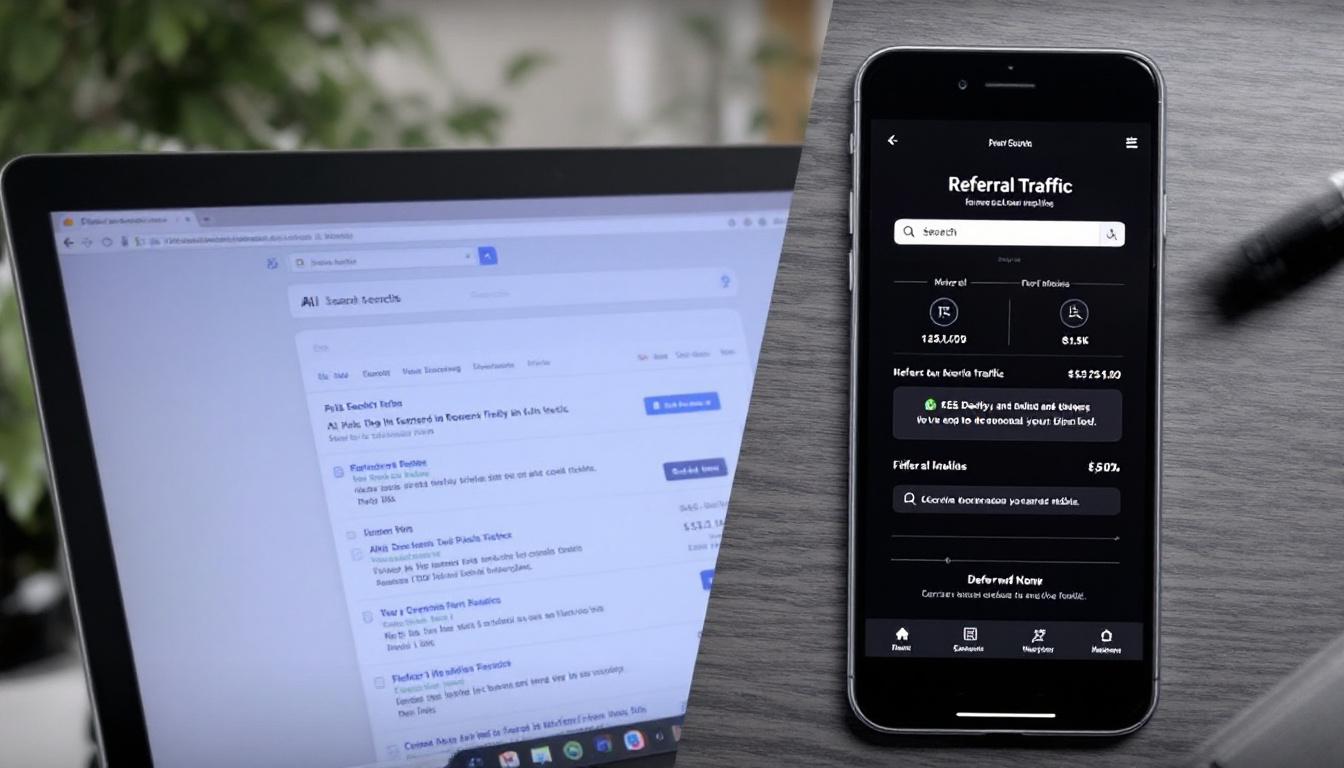The debate around whether Google utilizes compression ratios as a metric for SEO quality persists among digital marketers. Some claim that higher compression rates may negatively impact search rankings, while others see it as a mere myth.
Hostinger
Hostinger's managed cloud hosting delivers four times the speed and twenty times the resources of conventional web hosting.
To unravel this, it’s essential to explore the role of compressibility in SEO by examining both foundational concepts and recent studies.
Understanding Compression in Search Engines
Compression plays a pivotal role in how search engines handle web content.
By reducing the size of web pages, search engines can manage data more efficiently, leading to faster processing times and reduced storage needs.
How Search Engines Compress Data
The process of compression involves minimizing the data size without compromising the essential information.
This technique is widely adopted to optimize the indexing of vast amounts of web pages. Search engines employ algorithms that compress web pages, much like turning a lengthy document into a compact zip file.
This not only conserves space but also accelerates the retrieval and processing of web content, enabling search engines to index more pages swiftly.
Such compression practices are standard across all major search engines, ensuring a streamlined and efficient approach to managing the ever-growing web landscape.
Web Hosting Providers and Page Compression
Beyond search engines, web hosting providers also play a crucial role in compressing web pages.
This benefits both the website owners and their visitors by enhancing performance and user experience.
Benefits of Page Compression for Websites
Compressed web pages load faster, which not only improves user satisfaction but also signals to search engines that the website is optimized for performance.
Most hosting services automatically enable compression techniques like Gzip, which reduces the size of HTML, CSS, and JavaScript files. This leads to quicker load times, lower bandwidth consumption, and an overall smoother browsing experience for visitors.
Moreover, this automatic compression aids web hosts in managing bandwidth more effectively, creating a win-win situation for both the providers and the website operators.
The Link Between High Compression and Spam
Research has indicated a potential correlation between high compression ratios and low-quality content, raising concerns about SEO practices.
Insights from 2006 Study by Najork and Fetterly
A pivotal study conducted in 2006 shed light on how excessive compression might be associated with spammy web pages.
The research, titled Spam, Damn Spam, and Statistics, revealed that approximately 70% of web pages with compression ratios above 4.0 were identified as low-quality or spam.
In contrast, the average compression level across typical websites hovered around 2.0, suggesting that unusually high compression could be a red flag for search engines.
While this study provides valuable insights, it’s important to note that not all highly compressed pages are spam, and search engines typically use multiple indicators to assess page quality.
The Uncertainty of Google’s Use of Compression
Despite the findings from earlier research, the current stance of Google on using compression ratios as an SEO factor remains unclear.
Challenges in Confirming Google’s Practices
Determining whether Google actively uses compression ratios involves navigating a complex landscape of search algorithms and confidentiality.
Given that search result rankings are influenced by a multitude of factors, isolating the impact of compression ratios is challenging. Without explicit confirmation from Google, it’s speculative to assert the extent to which compression plays a role in their ranking mechanisms.
Therefore, while there’s evidence suggesting a link between high compression and low-quality content, it’s not definitive proof of Google’s criteria for SEO rankings.
Should Publishers be Concerned?
For most website owners and content publishers, the implications of compression ratios on SEO may not be as significant as some theories suggest.
Normal Compression Levels and SEO
Maintaining standard compression levels is generally considered safe and beneficial for both performance and SEO.
Websites that adhere to typical compression ratios, around 2.0 to 2.1, are unlikely to face penalties or negative impacts on their search rankings. These levels facilitate efficient page loading without triggering any spam filters used by search engines.
Additionally, effective content management practices like canonicalization and handling duplicate pages ensure that compression ratios remain within acceptable ranges, preventing any inadvertent SEO issues.
The Bottom Line
While the relationship between compression ratios and SEO continues to be a topic of discussion, evidence suggests that only extreme compression levels might be associated with lower-quality content.
For the majority of websites maintaining standard compression settings, there is no cause for concern. It’s essential to focus on creating valuable content and optimizing overall site performance rather than worrying about compression ratios alone.








